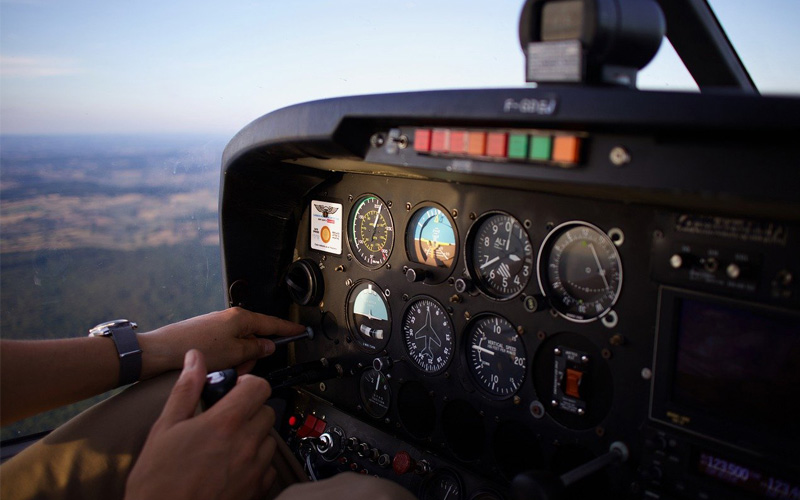Catch Your Dream of Becoming a Pilot
To hear children share their dreams of becoming a pilot is not an anomaly. Even grown-ups have a fascination with airplanes carried over from childhood. We all have childhood dreams. The important choice of careers is going to come around sooner or later. At that point, you must decide if your dream must remain a dream, or if you can venture to hope it becomes reality.

Many a time we stop chasing our dreams due to obstacles in the path. Often we listen to advice from well wishers, encouraging us to “get a real job” and leave the childhood dreams behind. For people who wish to become pilots, however, there is a bright side. You can fulfill your dream of becoming a pilot by earning your private pilot’s license. If you commit to hours of study and practice, you will be on your way to soaring with the eagles, just like you imagined when you were eight.
Prior to scheduling your first lesson, decide what your ultimate goal is. Will you be happy with a license for private flying? Or is your private license a first step toward loftier aspirations such as flying for the military or government?
Carefully chalk out the time frame that you have to complete your training sessions. You can get your license in as little as several months, or you can choose to pay for the lessons a little at a time and not get your license for a year or so. Assess your budget, which will affect which training method you pursue and how quickly you complete your training.
It is up to you to determine where you want to take your flying lessons. Health requirements, prices, instructors, schools, and bureaucracy problems all play a part in your decision. To make an informed choice, ask the aviation association in your area for input. Alternatively, the Aircraft Owners and Pilots Association can be a good starting point. Contact these organizations to learn the locations and names of clubs and schools that have Federal Aviation Association (FAA) flying instructors in your area. Before you sign up for long-term classes, take a paid trial session with the instructor. That fee is not refundable unless you go through with the program, in which case it will be deducted from the overall license cost.
The purpose of undergoing training, apart from becoming a safe and qualified pilot, is to eventually pass the written FAA test. You need to take and pass this test to earn a pilot’s license. In order to pass this exam, you will want to get the most out of your instruction. Be sure to take notes on all subjects addressed by your instructor. Ask further help from your instructor regarding any difficulties you encounter. You can also practice through online tests. It’s also very important to review the FAA Handbook of Aeronautical Knowledge. To make sure you are fully prepared for the big test, you can take more classes and pay for extra lessons.
To start flying solo you need a medical certificate. You are required to fly between 30 and 40 hours alone during your training. Naturally, this comes after you have manned an aircraft with an instructor for 10–15 hours. Most people need around 65 hours of flight time to be adequately prepared for their license. Take advantage of the resources and training available. A realistic flight simulator, for example, can be used for practice. Take extra lessons or invest in additional flight hours. Devoting extra time to practicing will make you a safer pilot. You will also find it easier to pass the test flight you must take with an FAA-certified examination pilot.
If you put in enough hours of practice, you can become a skilled pilot. Pursuing further training for higher certifications and getting as many solo flight hours as you can afford will add to your excellency. Though it calls for a higher investment of funds and additional time, the results are worth the cost. You can literally go places if you reach this level of higher expertise.
